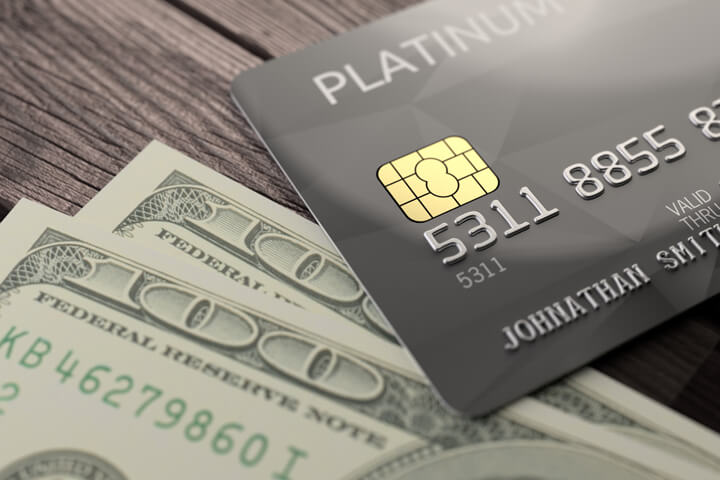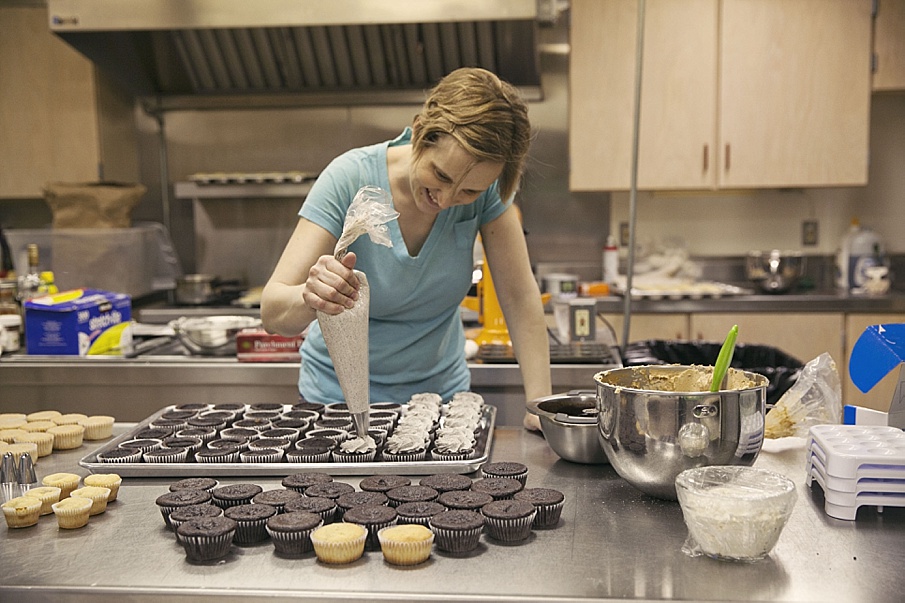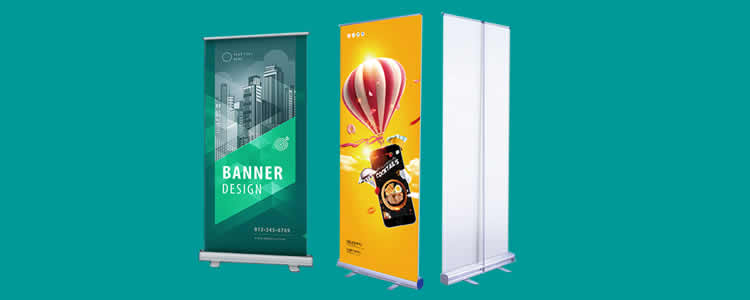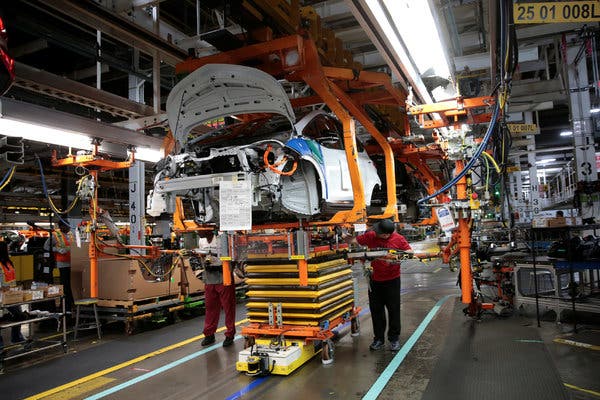CARD PAYMENTS AT SPORTING VENUES: HAS COVID KILLED CASH FOREVER?

In September, the 14,100 fans who went for the Jacksonville Jaguars’ Season opener got the first-hand experience of how the covid19 pandemic has transformed what attending sporting events is like. Fans were not only required to wear masks and maintain social distance, but they also encountered contactless payment and paperless ticketing. According to Chad Jackson, the vice president of sales and services at Jaguars’, they wanted to offer fans a contactless experience amidst the pandemic and still enjoy the game-day experience they are used to.
According to Chris Norminton, founder of Sporting Pay, the sporting industry has seen a significant change since the onset of the pandemic. Sporting venues that were considering going cashless have now adopted card payments, and for those that had initiated cashless payments, there is no going back now. The cashless movement in sporting venues was gradually increasing year after year, but the pandemic has heightened the transition. Covid19 has also pushed fans to be wearier in sporting venues, so many are embracing card payments.
It seems like covid19 has killed cash in sporting venues, at least for the time being. Sports venues that were a bit hesitant to go cashless due to the traditional fan who comes to the stadium with stacks of cash now have a reason to adopt card payments. Let’s look at the benefits of card payments for sporting venues.
Increases sales volumes
Sporting venues are marked by a lot of sale activity, from selling tickets to other services such as vendors in the venue. Averagely, it takes 15seconds to facilitate a cash payment when there are no delays. On the other hand, a card payment takes only 5-8 seconds. That would make a notable difference on a typical day as more people will be served, increasing the sales. Again, people tend to limit spending with cash payments, which means that card payments present a huge opportunity for growing sales. The fast payment speed also improves the experience of fans who don’t want to miss game action while queueing for food or drinks.
Saves labor costs
Going cashless at sporting venues means saving on labor costs incurred by employing staff to serve fans during cash payments. The hassles of setting up cash floats in the morning and during the day, counting and compiling cash, refilling registers with change, making bank deposits, etc., all disappears. Card payments mean that you are ready to work as soon as the till payment is switched on, and sporting venues can save more labor costs.
Card payments increase average spent.
Many pieces of research have shown that people tend to spend more with card payments than cash. So, by adopting card payments at sporting venues, fans spend more. As a fact, the average spending of one fan can increase by 25% with card payments than cash.
Curbs fraud and theft
Sporting events attract all kinds of people, from real fans to those targetting the money in cash boxes and tills. Going cashless reduces the risks of fraud, and digital payments are easier to track.
concluding thoughts
While fans are gradually going back to stadiums in limited numbers, many have witnessed cashless payments in most reopened sporting venues. Covid19 has left fans looking for some bits of normal life, something live sporting events is offering, even if it is different from what it was previously. Cashless payments in sporting venues are likely to go on even after the pandemic.
Written by: Chris Norminton








